We were present at Mr. Nguyen Van Ut's lotus field in An Trung village, Binh An commune when his family was wading through the fields to harvest fresh lotus. In the blazing sun near noon, each bright pink lotus petal was competing to bloom.
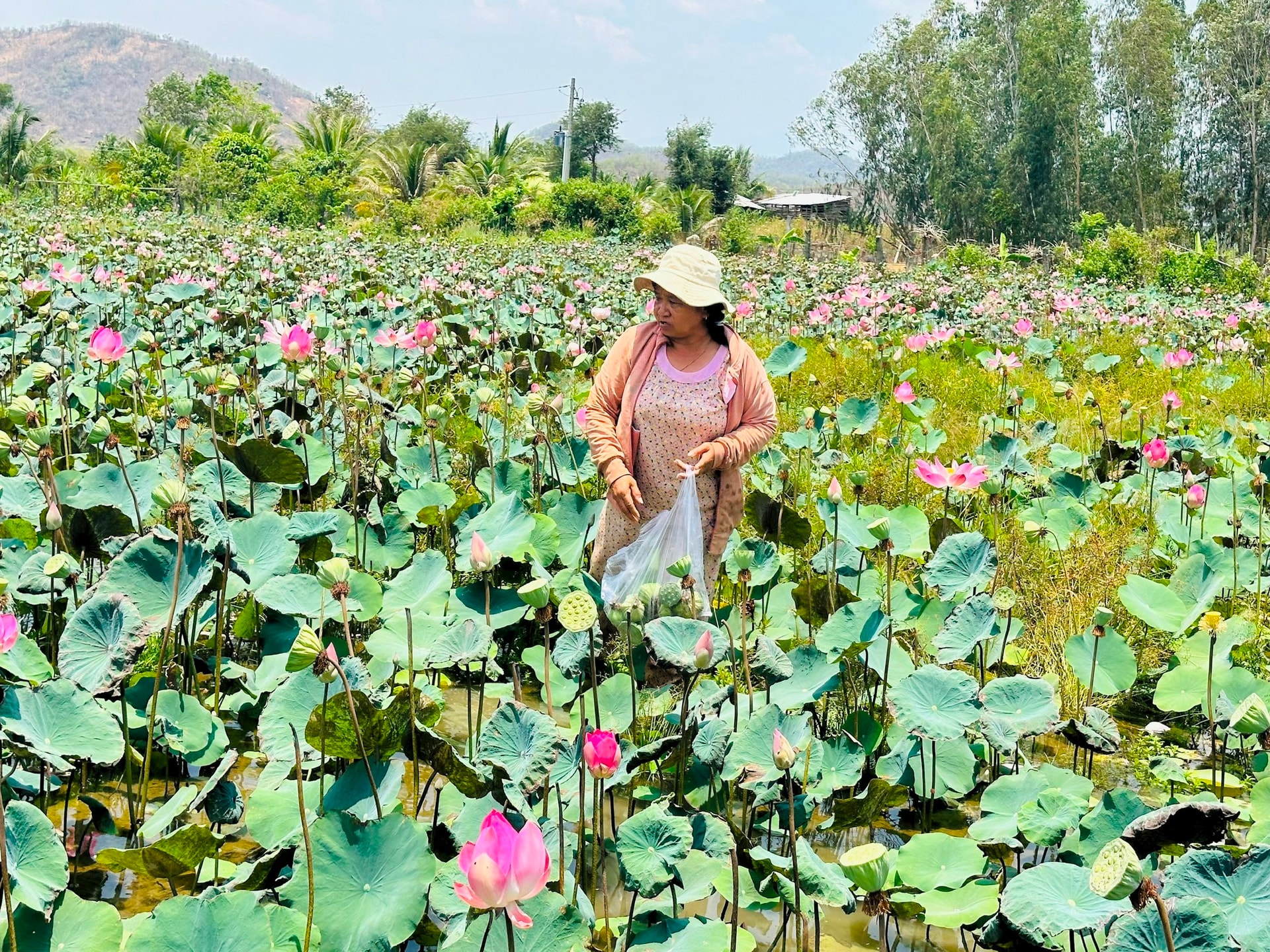
Interspersed under each lush green canopy are lotus buds of all stages: young, medium and slightly old lotus seeds. Mr. Ut and his wife shared: The family has 4 sao of lotus fields for 6-7 years now, although the investment is not much but it brings a stable income, helping the family economy to be better. Fresh lotus after harvest is sold by the family at the market. Although the market for this agricultural product is very active, there is no need to worry about output, but it depends on market prices.

Mr. Ut said: At present, due to the lotus harvest season in the Western provinces, the lotus price in Binh Thuan is also low. In the past 10 days, the price of fresh lotus has been around 17,000 - 20,000 VND/kg of lotus pods. Before that time, when there was a shortage, fresh lotus was sold for over 40,000 VND/kg of lotus pods but there were no products for sale. However, traders will not buy lotus that is too old or too young or sell it at a lower price. Fresh lotus seeds in Bac Binh are also sold by retailers at Phan Thiet markets for 180,000 VND/kg of peeled seeds.
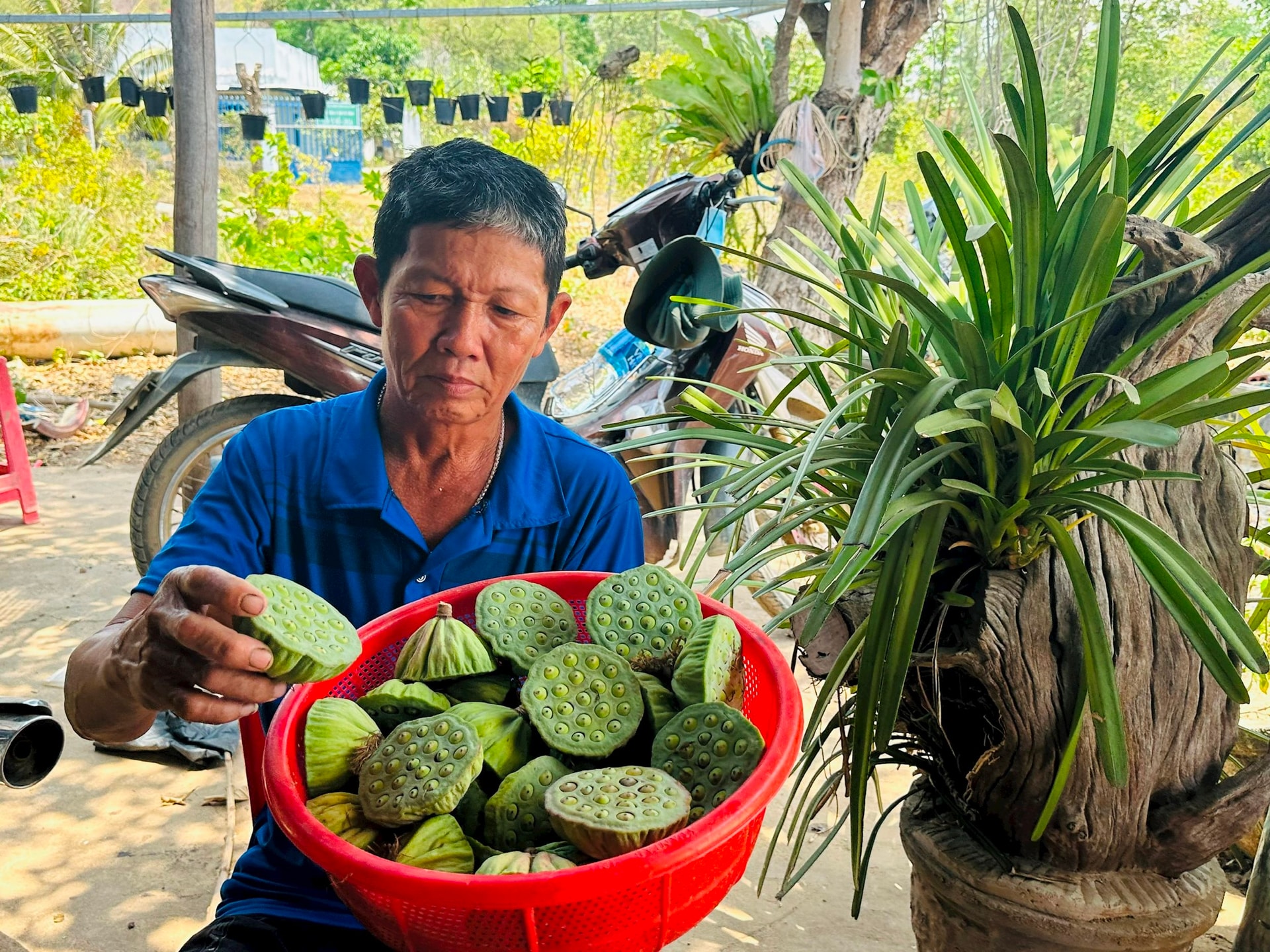
Mr. Ut's family harvests lotus every few days, each time about 60 kg. According to rough calculations, although the investment level for lotus is low, only about 5 million VND/4 sao per crop, but on average if sold at 20,000 VND/kg, his family will earn about 60 million VND/4 sao/crop (3 crops per year), so it contributes to stabilizing income and improving life. According to the field owner, the family's lotus has been planted for more than 2 years and has been harvested regularly. When the time comes to plant for more than 3 years, when the lotus is no longer productive, the family will plow the land so that the plant can grow a new crop, or can switch to rice cultivation to increase land use efficiency. In Mr. Ut's family in particular and farmers in Binh An commune said that because lotus prices are good this year, many households have expanded their acreage. Pointing to a basket of fresh lotus seeds that have just been picked ashore, Mr. Ut shared his experience with us about the young lotus, which is very delicious to eat raw. The slightly older lotus will be very fragrant and rich when boiled.
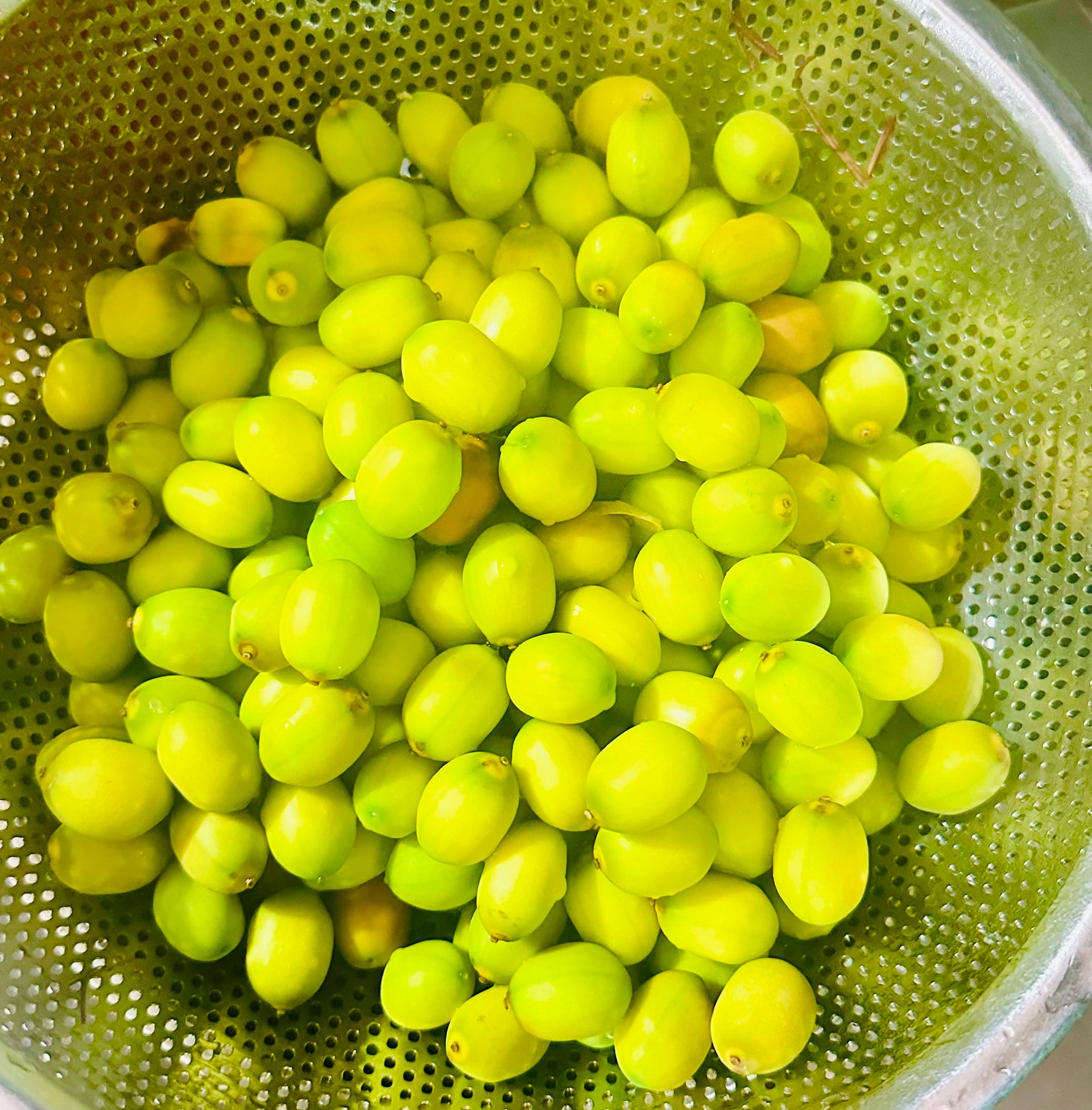
According to research, in the winter-spring crop of 2025, the whole Bac Binh district has about 60 hectares of lotus, of which Binh An commune has 20 hectares. Along with the rice growing area, farmers in Bac Binh in particular and the whole province in general have been focusing on converting crops to promote land use efficiency.
Passing through the lotus fields with their charming flowers, we think that, in addition to the economic value that lotus growing brings to households, this is also an ideal place for sightseeing, taking pictures and developing rural tourism for those who love the beauty of nature.
Lotus seeds are considered a good food for digestion, cardiovascular health, good sleep, relaxation, lowering blood sugar, anti-oxidation, anti-inflammatory. Lotus seeds are not only used as snacks, cooking sweet soup, making jam, processing many delicious and nutritious dishes but also a precious medicinal herb used as medicine. This type of seed is rich in nutrients, no cholesterol, many vitamins and contains beneficial plant compounds, antioxidants such as flavonoids, glycosides, phenolics and alkaloids. Therefore, lotus seeds are considered a rich source of nutrients and bring many health benefits.
Source: https://baobinhthuan.com.vn/binh-an-mua-sen-no-ro-129277.html




![[Photo] The parade took to the streets, walking among the arms of tens of thousands of people.](https://vstatic.vietnam.vn/vietnam/resource/IMAGE/2025/4/30/180ec64521094c87bdb5a983ff1a30a4)

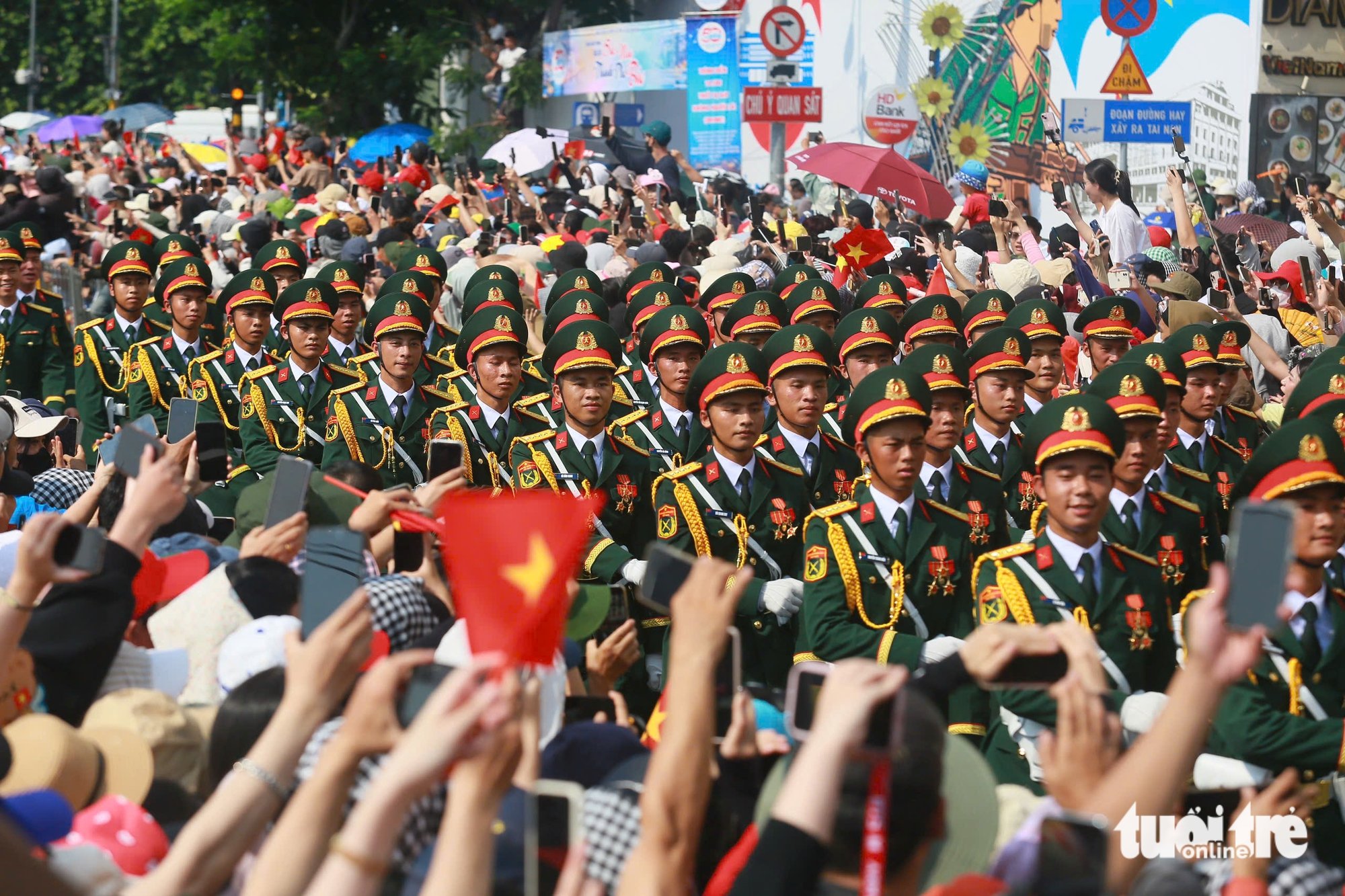
![[Photo] Cultural, sports and media bloc at the 50th Anniversary of Southern Liberation and National Reunification Day](https://vstatic.vietnam.vn/vietnam/resource/IMAGE/2025/4/30/8a22f876e8d24890be2ae3d88c9b201c)
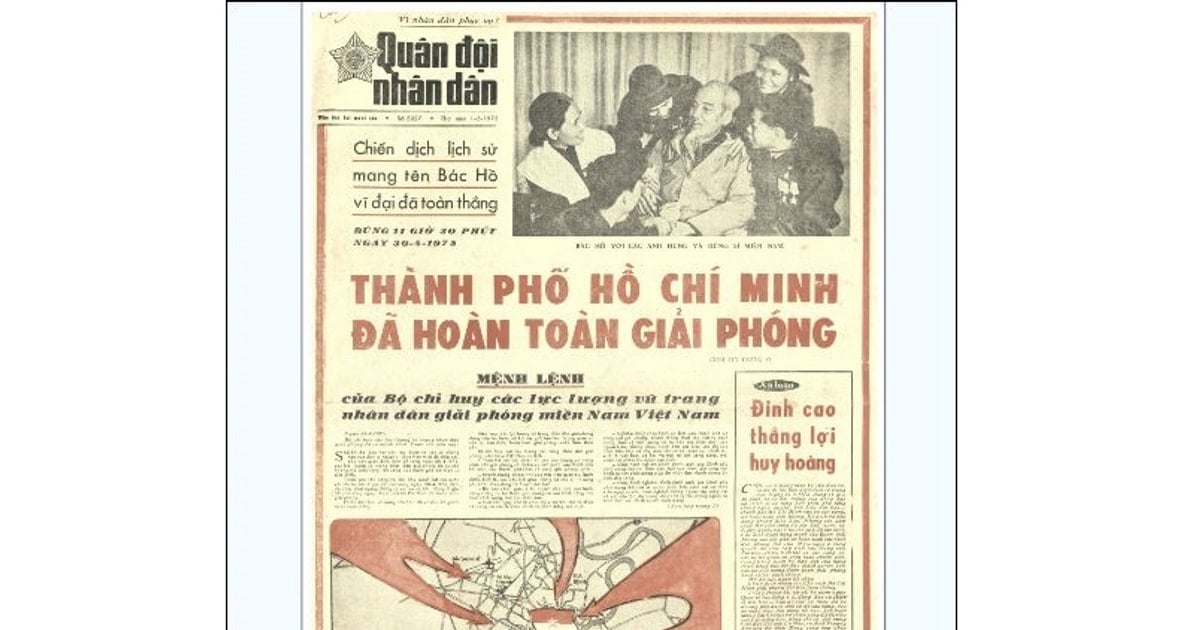
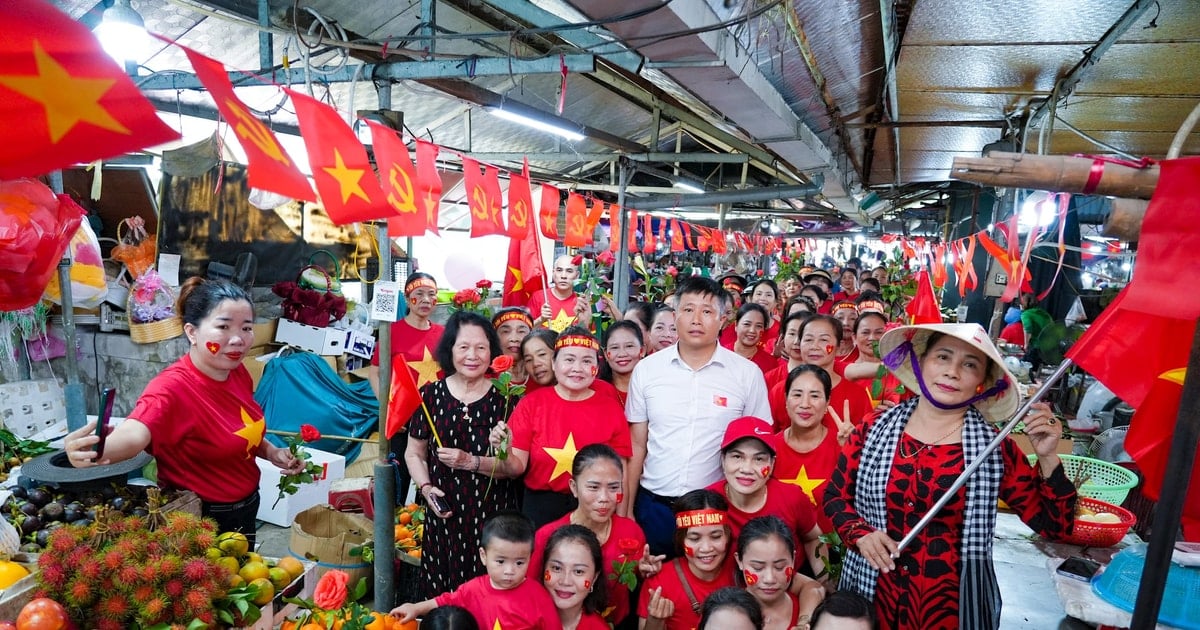
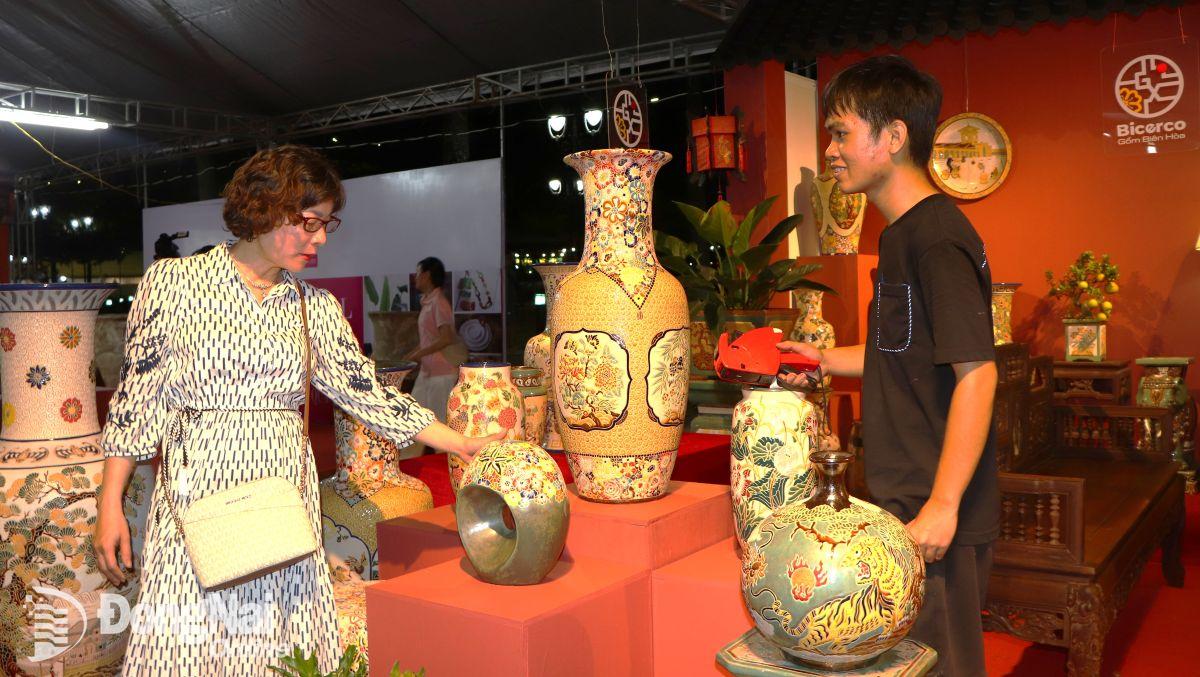
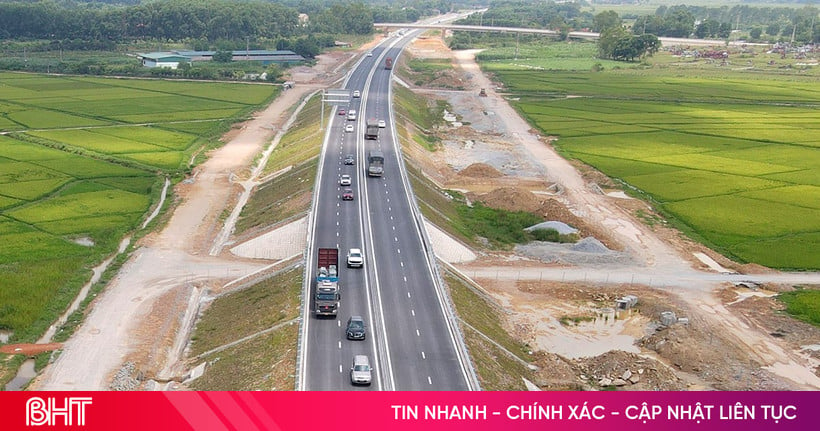
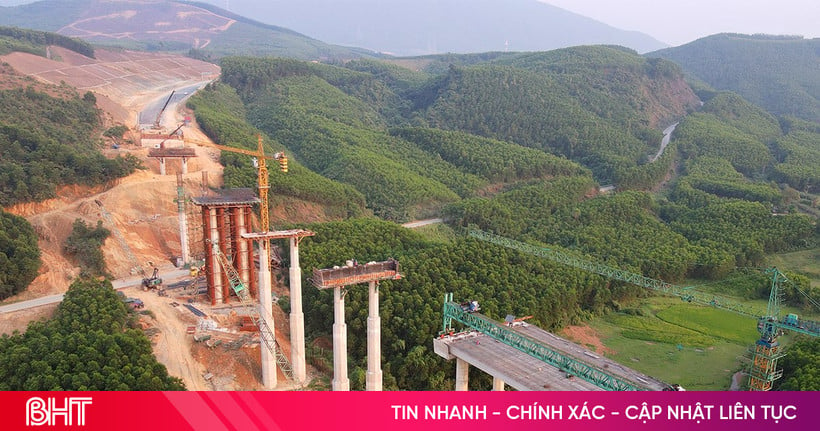
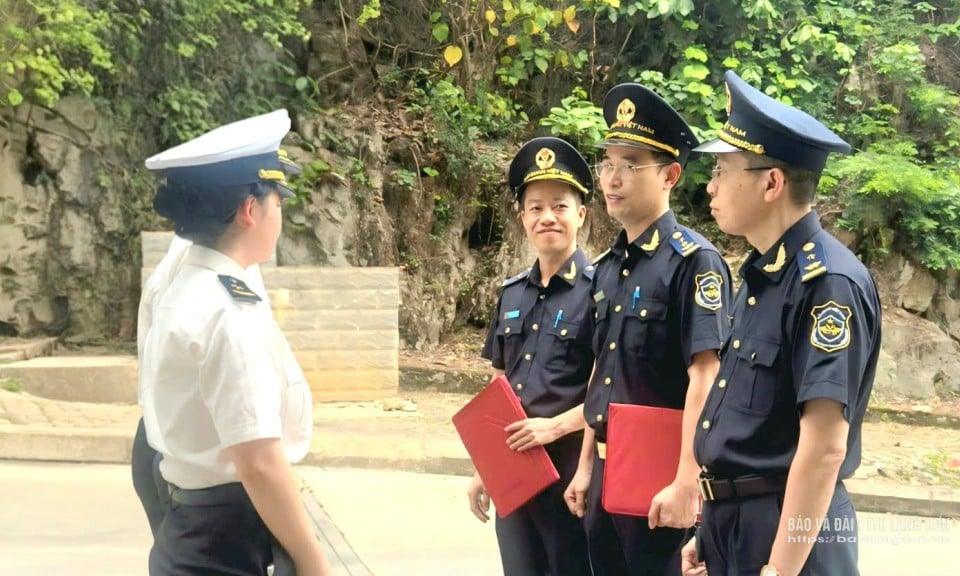



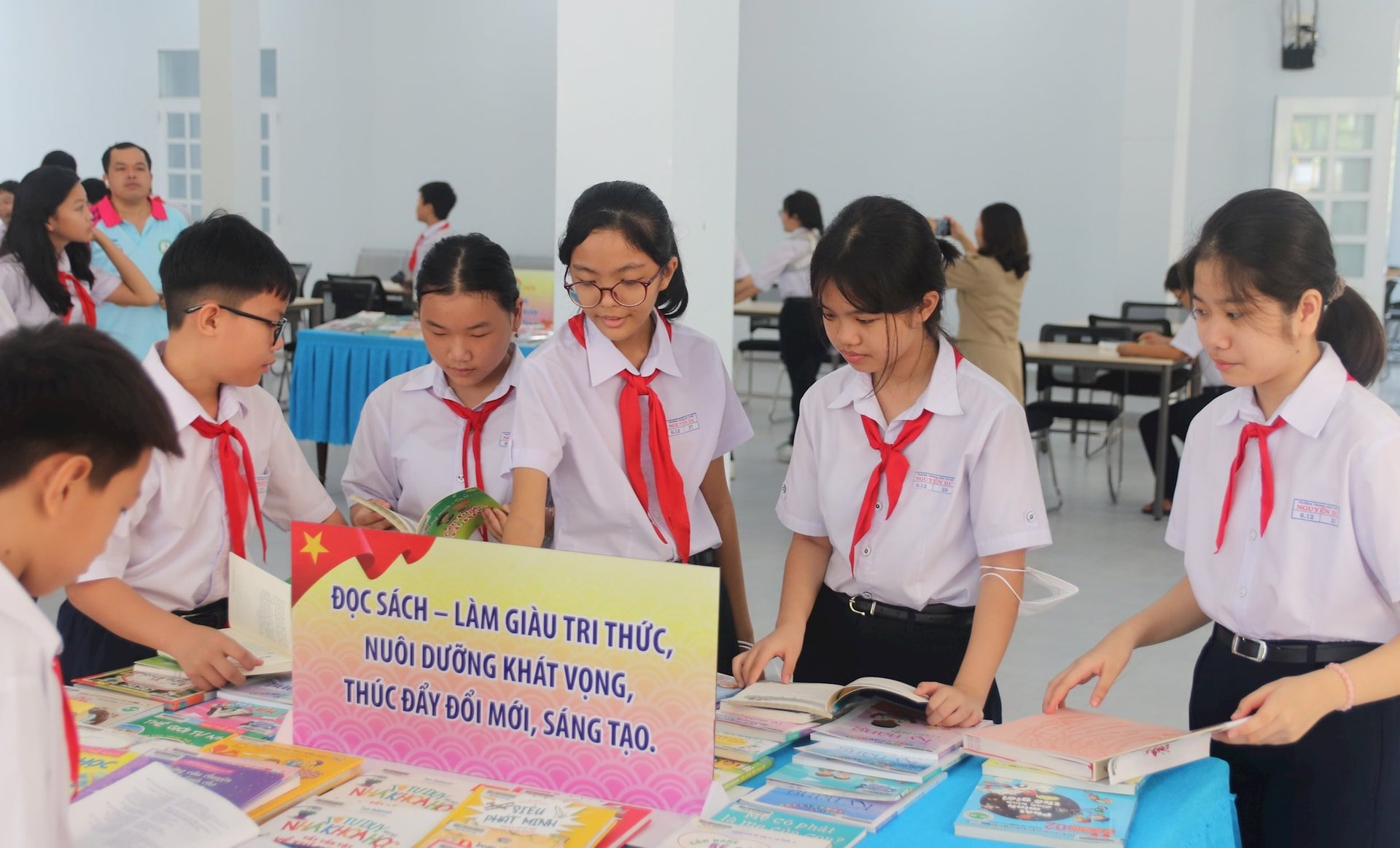

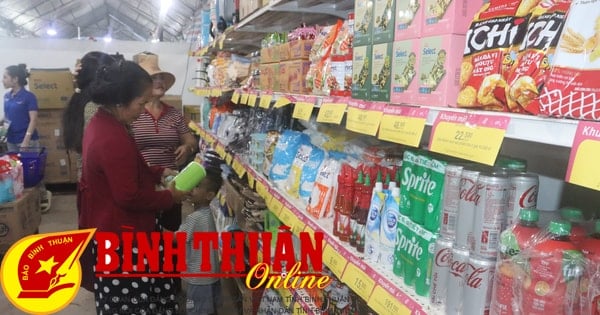
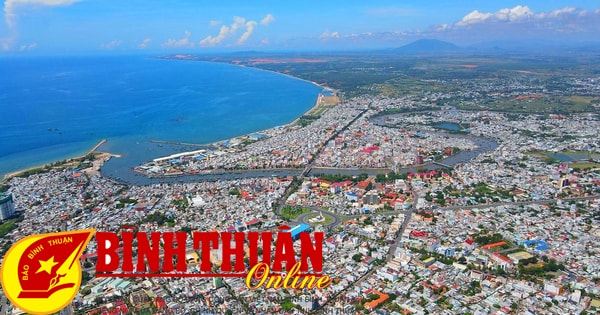

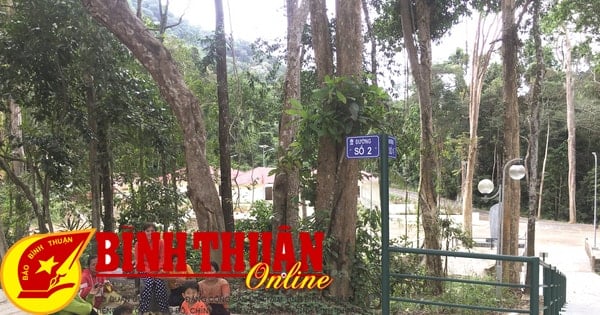
![[Photo] Chinese, Lao, and Cambodian troops participate in the parade to celebrate the 50th anniversary of the Liberation of the South and National Reunification Day](https://vstatic.vietnam.vn/vietnam/resource/IMAGE/2025/4/30/30d2204b414549cfb5dc784544a72dee)






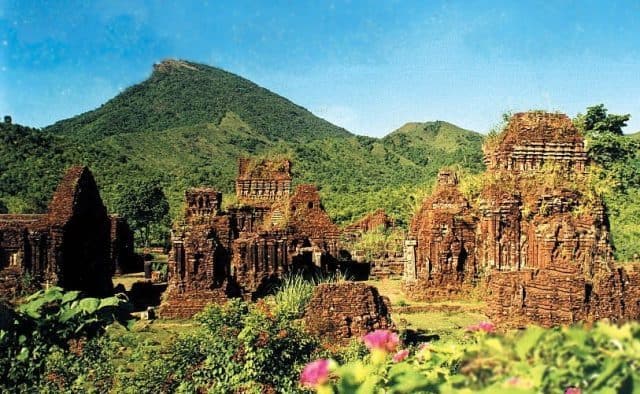




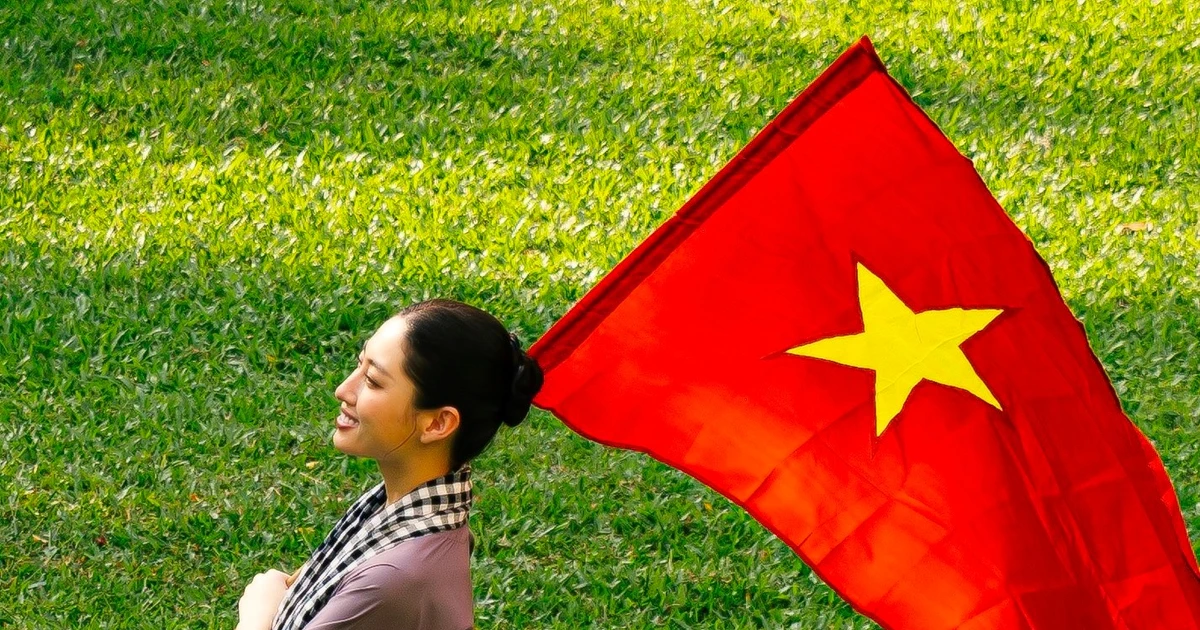



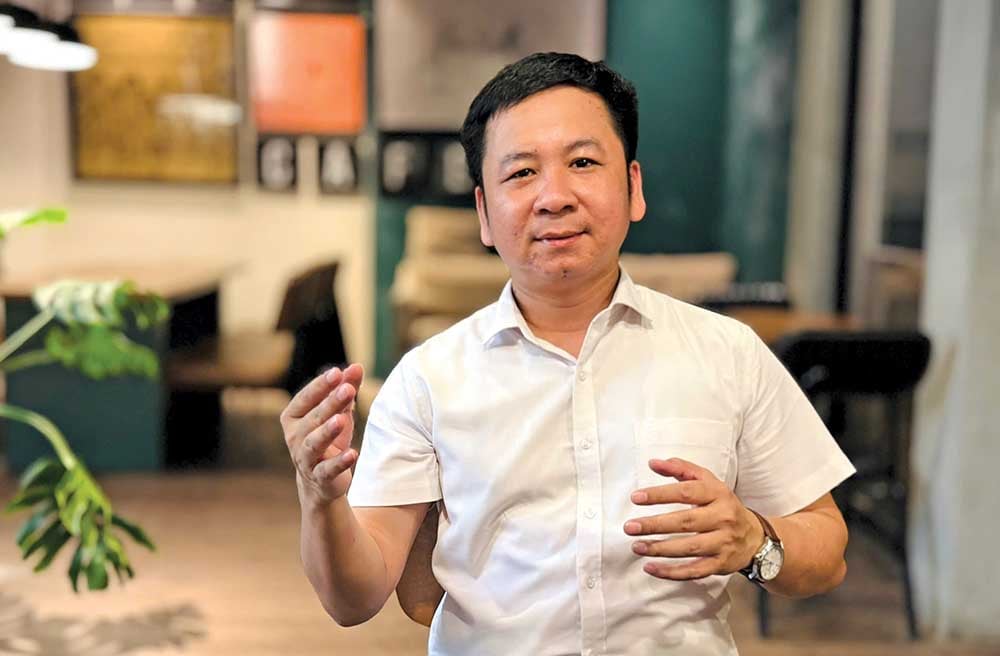

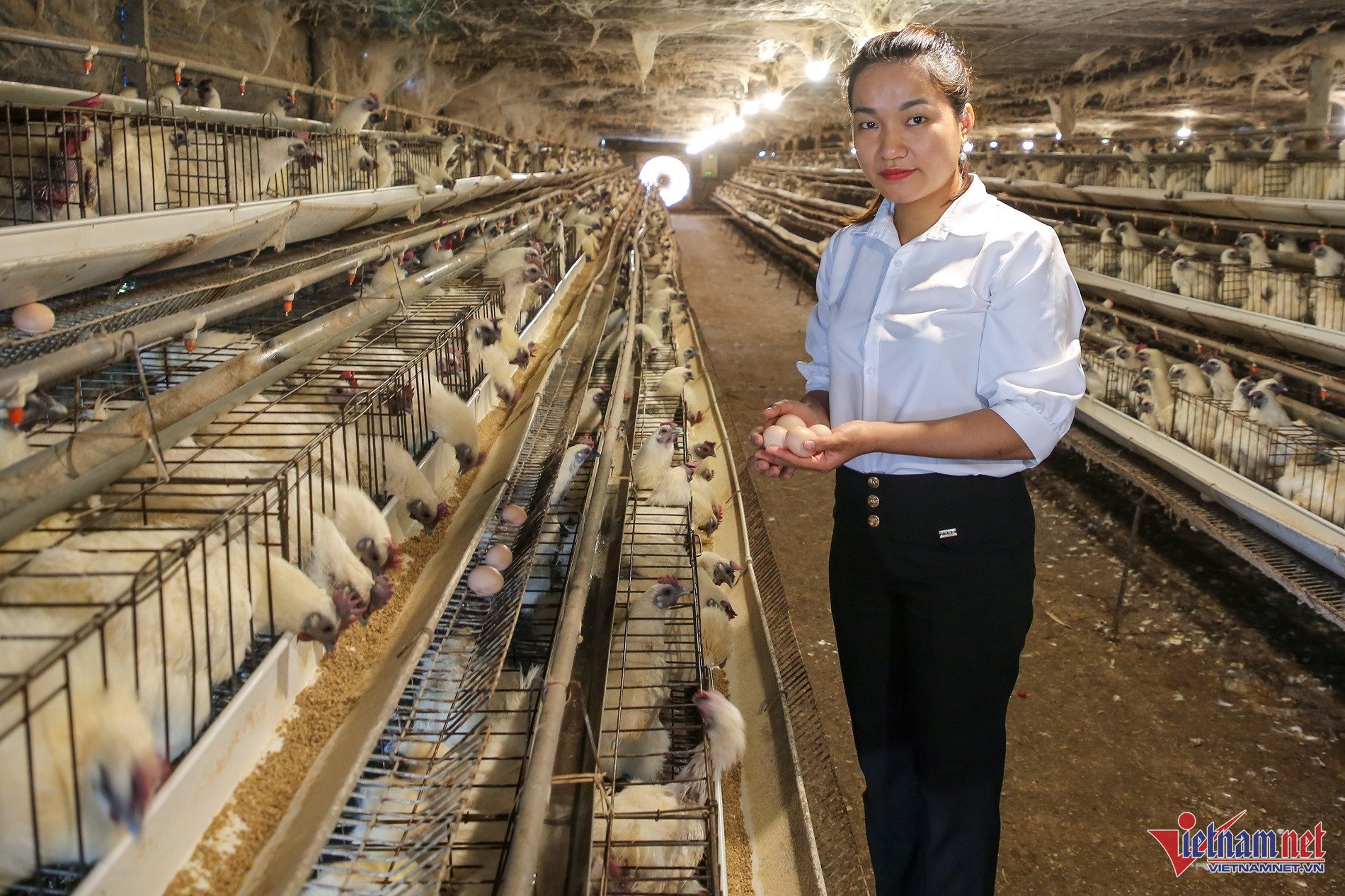


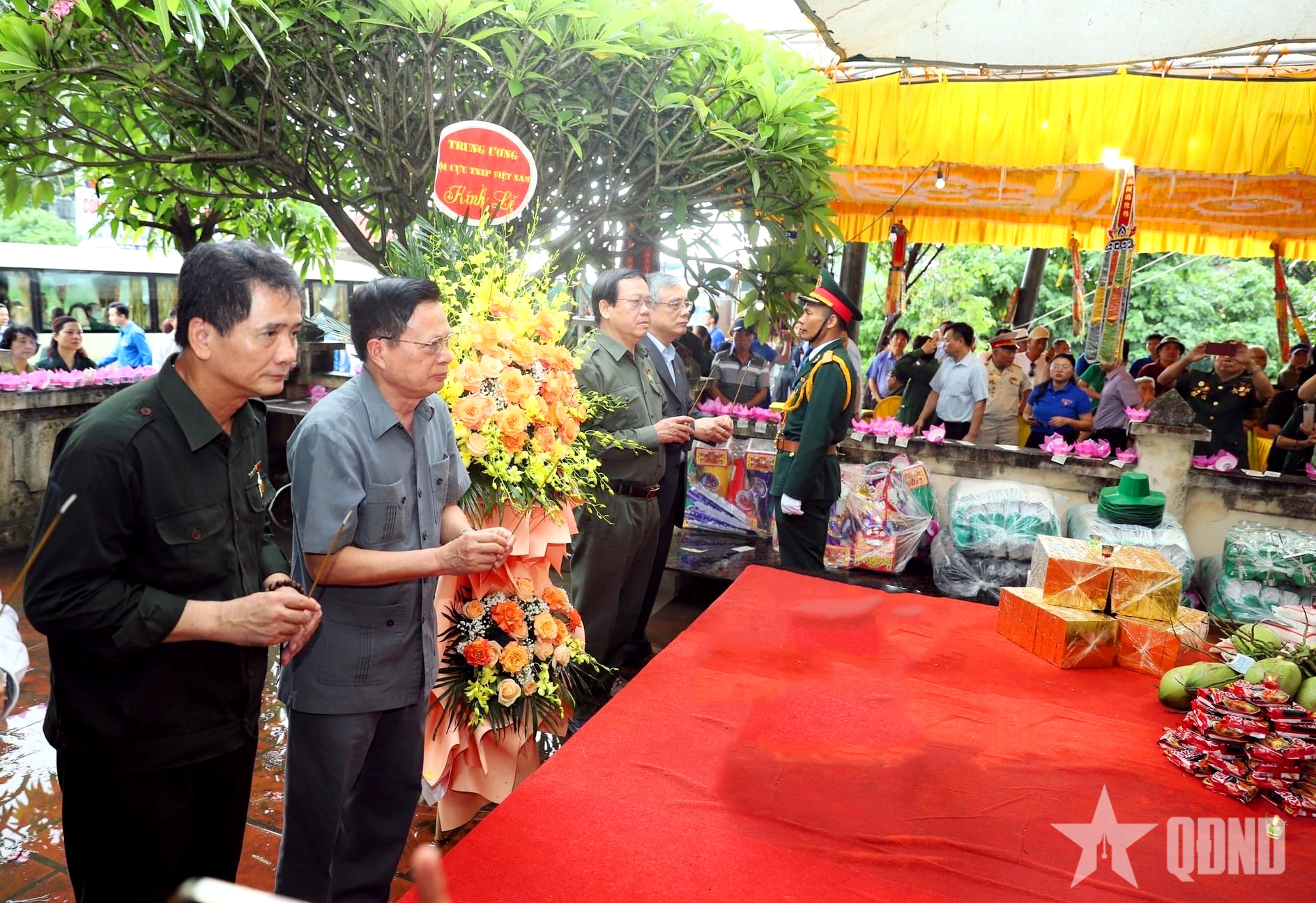












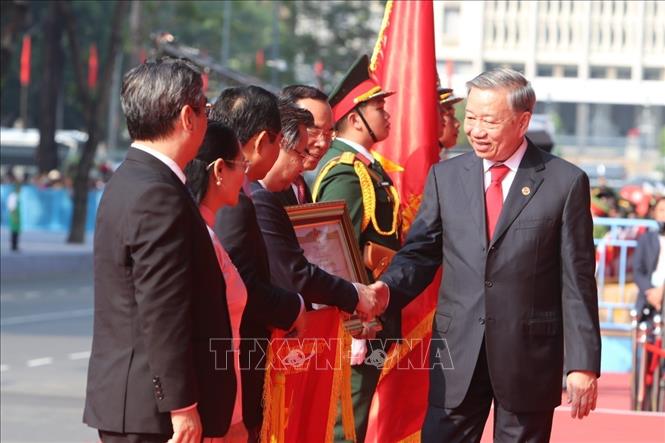


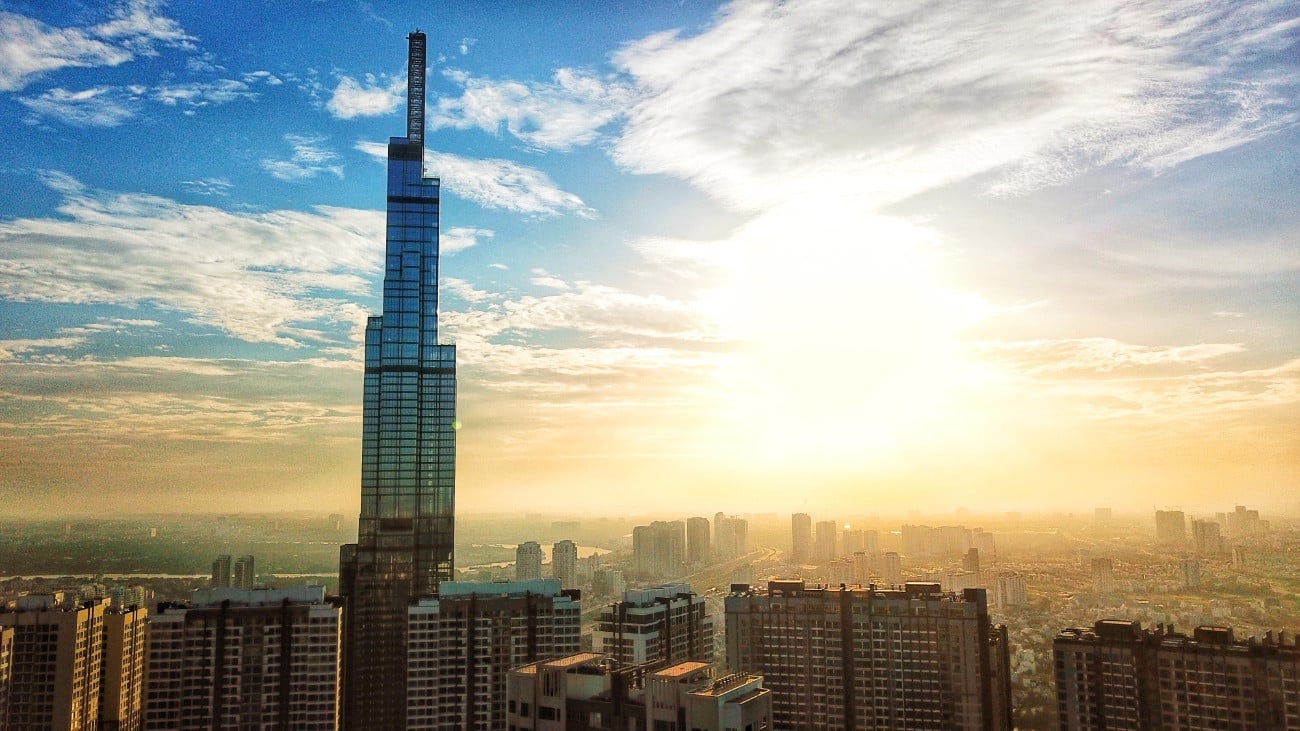


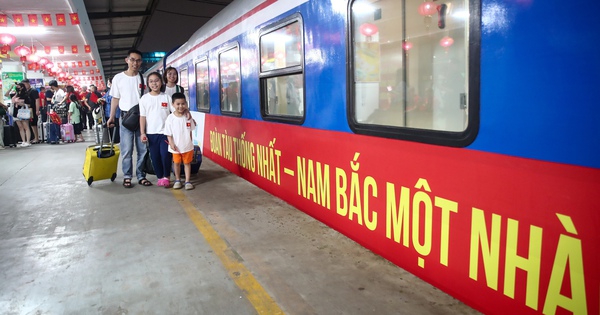



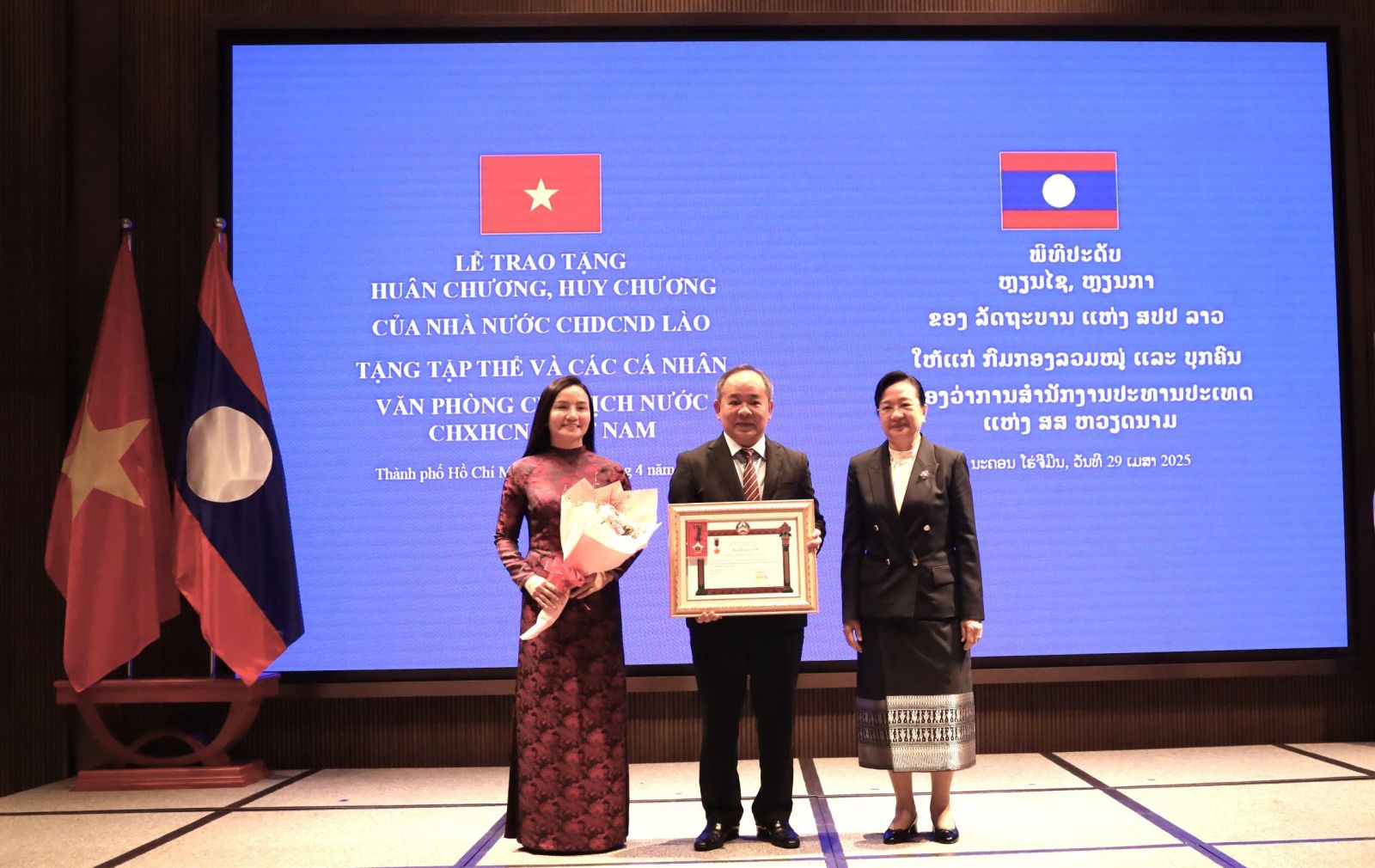



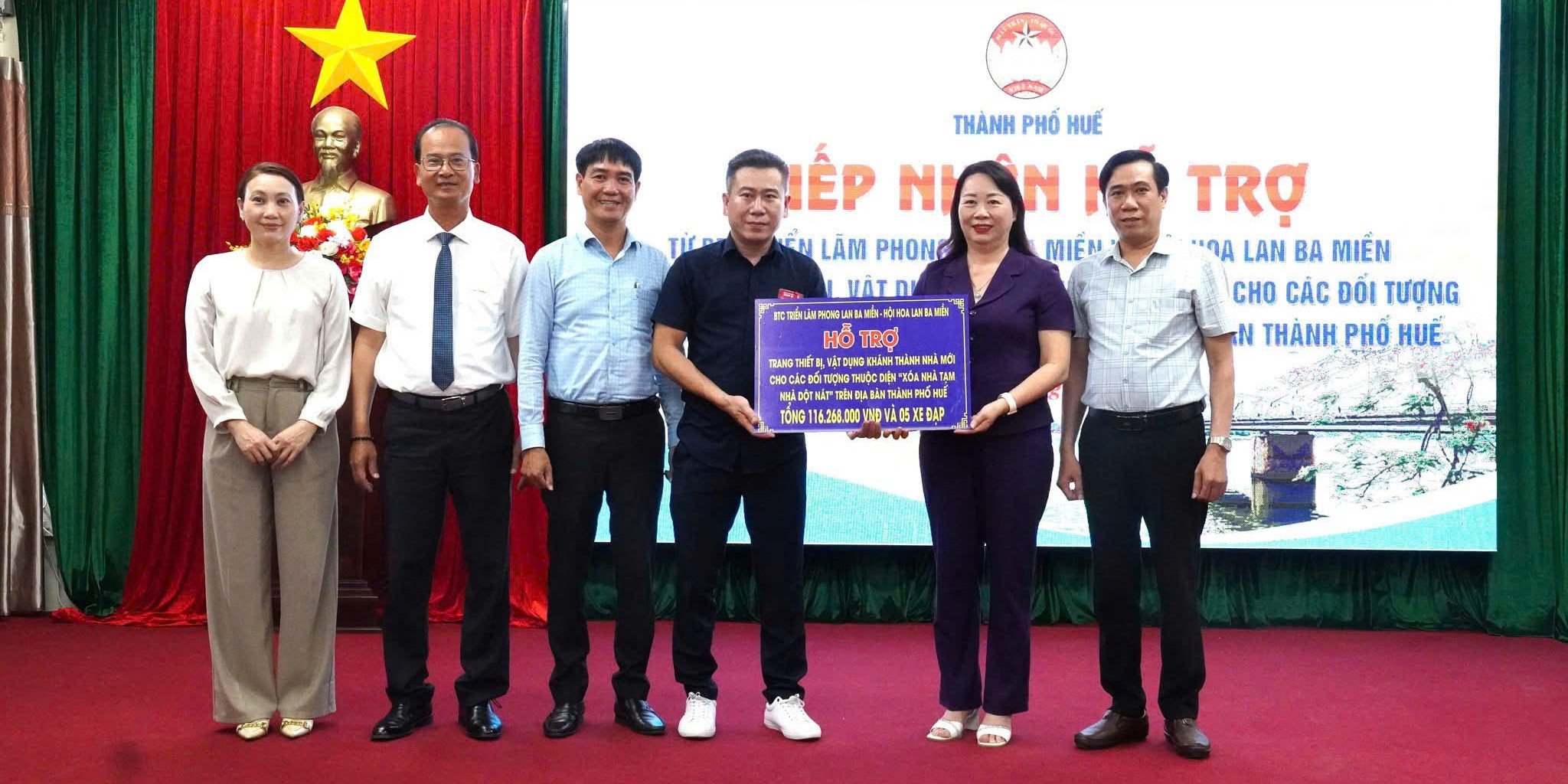

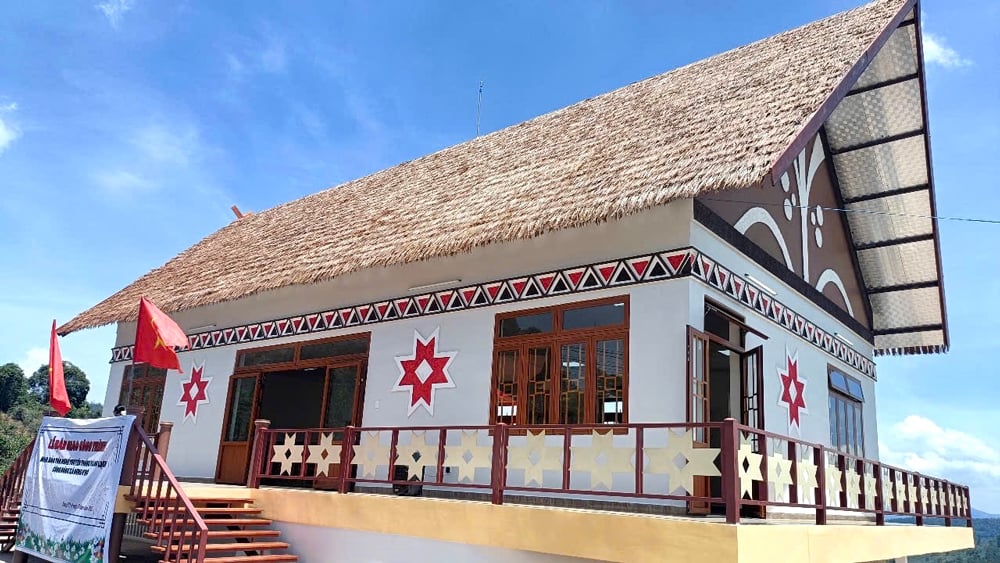


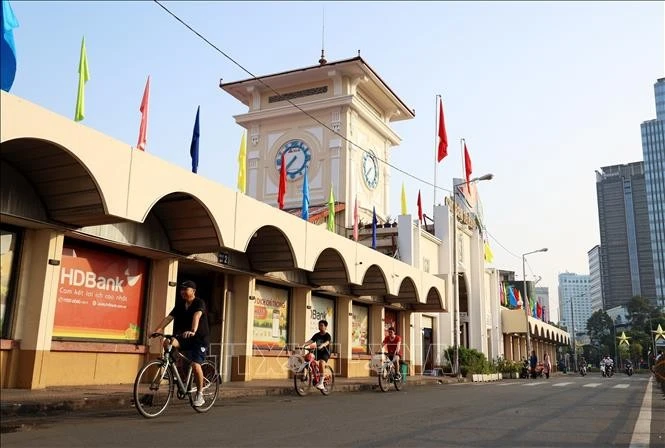











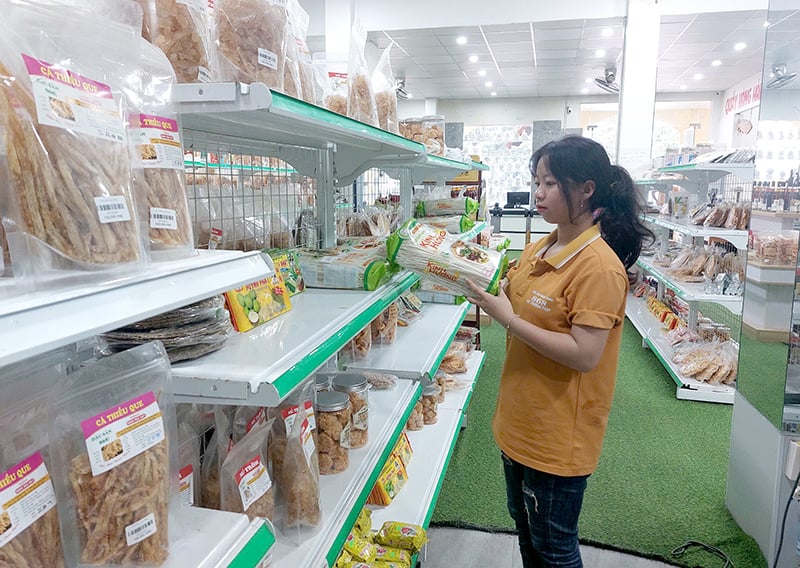

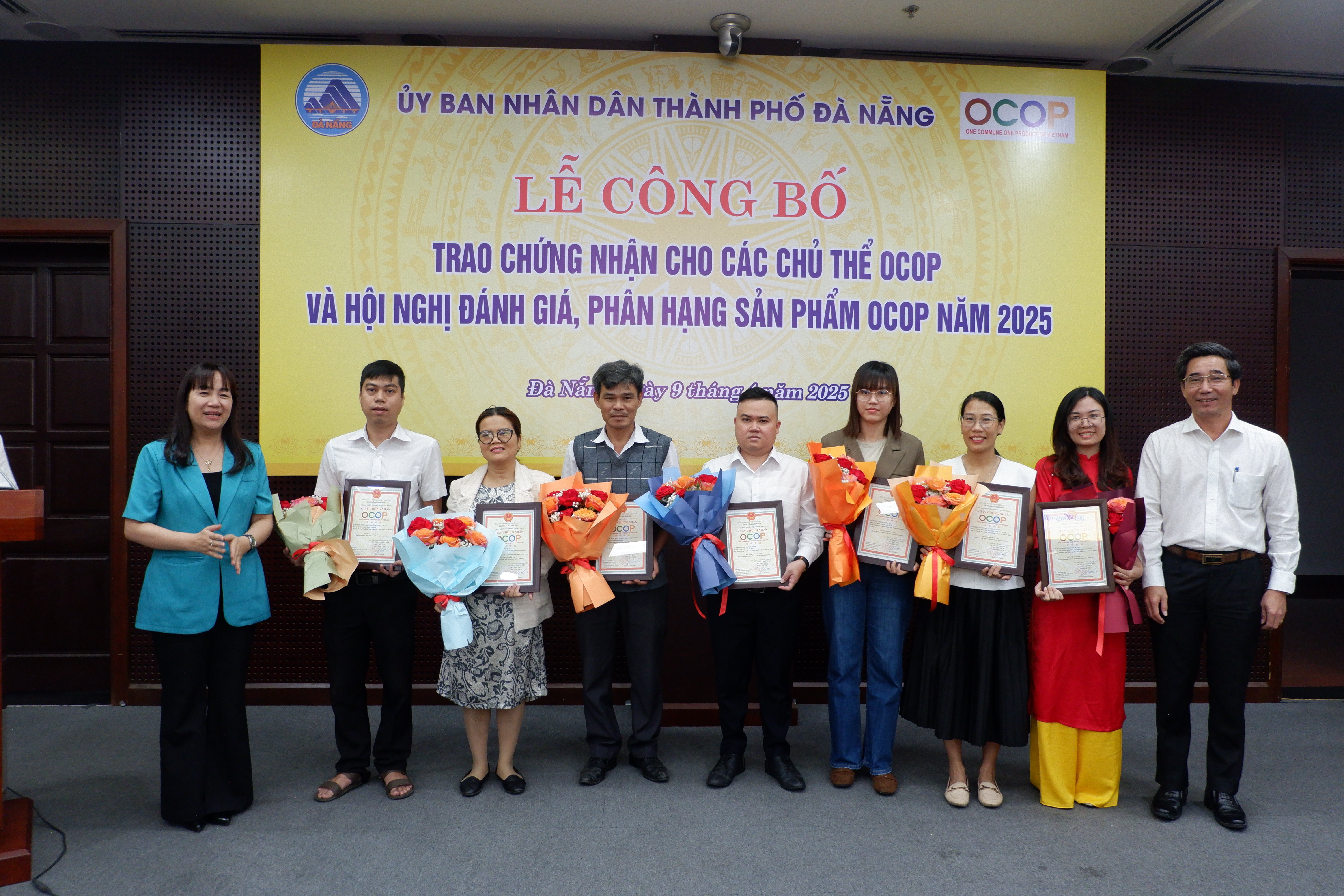

Comment (0)